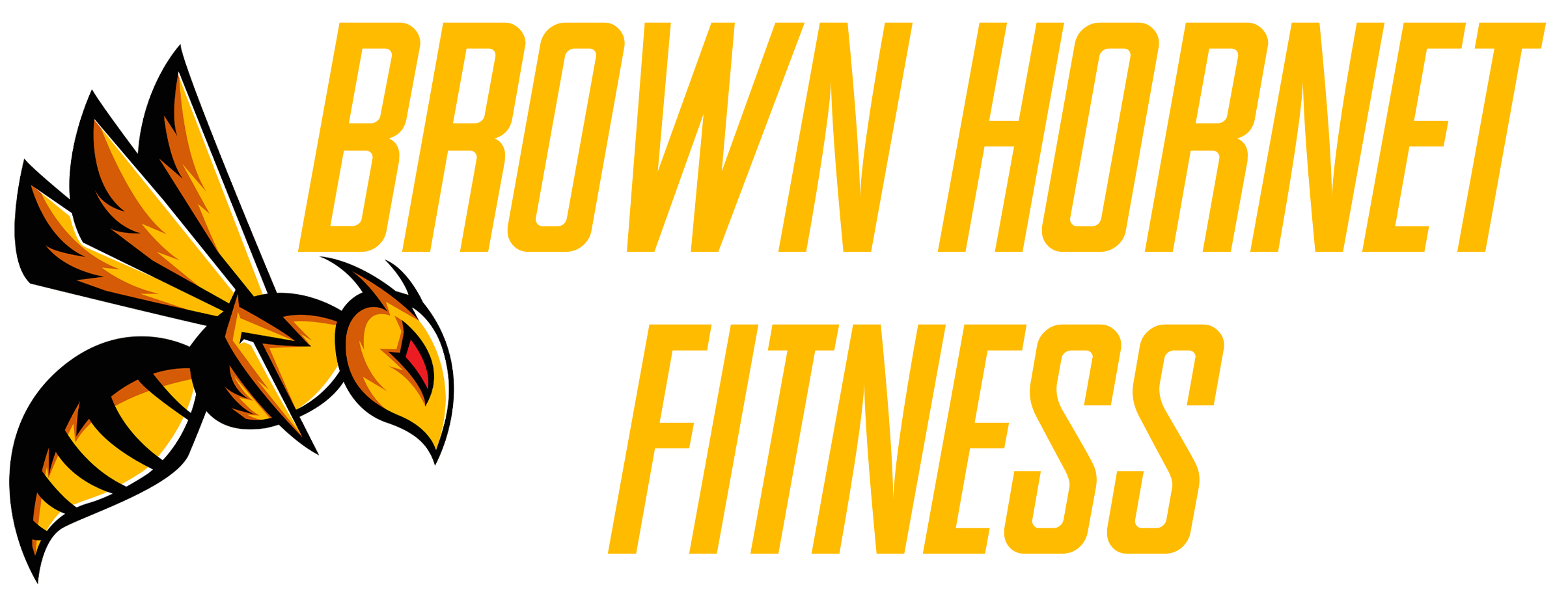Weight loss is a common goal for many individuals, and while it may seem challenging, it is indeed achievable to anyone who is committed and follows the right approach. In this article, we will explore the key factors that contribute to successful weight loss and provide practical tips to help you reach your goals.
Introduction
Losing weight can improve overall health, boost self-confidence, and enhance quality of life. It is important to approach weight loss with a positive mindset and a willingness to make sustainable lifestyle changes. By understanding the basics and adopting effective strategies, you can achieve weight loss success.
Understanding the Basics of Weight Loss
To achieve weight loss, it is crucial to create a caloric deficit, which means consuming fewer calories than you burn. This can be achieved through a combination of balanced nutrition and regular exercise.
Importance of Caloric Deficit
A caloric deficit is the foundation of weight loss. When your body burns more calories than it takes in, it taps into stored fat for energy, leading to weight loss. It is important to find the right balance and create a moderate caloric deficit to ensure sustainable and healthy weight loss.
Balanced Nutrition
Eating a well-balanced diet is essential for weight loss. Focus on incorporating a variety of nutrient-dense foods such as fruits, vegetables, lean proteins, whole grains, and healthy fats. Avoid highly processed foods, sugary drinks, and excessive amounts of added sugars.
Regular Exercise
Exercise plays a vital role in weight loss by increasing calorie expenditure, boosting metabolism, and improving overall fitness. Engage in a combination of cardiovascular exercises, strength training, and high-intensity interval training (HIIT) to maximize weight loss benefits.
Setting Realistic Goals
Setting realistic and achievable goals is crucial to maintain motivation throughout your weight loss journey. Start by defining specific, measurable, attainable, relevant, and time-bound (SMART) goals. Break them down into smaller milestones to track your progress effectively.
Finding the Right Diet Plan
There are various diet plans available, and finding the right one for you can greatly contribute to your weight loss success. Consider the following options:
Low Carb Diets
Low carb diets, such as the ketogenic diet, focus on reducing carbohydrate intake and increasing healthy fats and proteins. This approach can help control hunger, stabilize blood sugar levels, and promote weight loss.
Intermittent Fasting
Intermittent fasting involves cycling between periods of fasting and eating. This approach can help control calorie intake, improve insulin sensitivity, and promote fat burning. Popular methods include the 16/8 method, where you fast for 16 hours and have an 8-hour eating window.
Mediterranean Diet
The Mediterranean diet emphasizes whole, unprocessed foods such as fruits, vegetables, whole grains, legumes, lean proteins, and healthy fats like olive oil. This approach is known for its heart-healthy benefits and can contribute to sustainable weight loss.
The Ice Hack Diet
The Ice Hack Diet is a unique approach to weight loss that involves incorporating ice into your daily routine. It claims that consuming ice can boost metabolism, burn calories, and aid in weight loss. The idea behind this diet is that the body needs to expend energy to warm the ice, increasing calorie expenditure.
It is always recommended to consult with a healthcare professional or registered dietitian before starting any new diet or weight loss plan.
The Role of Exercise in Weight Loss

Exercise is not only important for weight loss but also for overall health and well-being. Consider incorporating the following types of exercises into your routine:
Cardiovascular Exercises
Cardiovascular exercises, such as jogging, swimming, cycling, or brisk walking, elevate your heart rate and help burn calories. Aim for at least 150 minutes of moderate-intensity cardio per week.
Strength Training
Strength training helps build lean muscle mass, which increases your metabolism and helps burn more calories even at rest. Include exercises using free weights, resistance bands, or bodyweight exercises at least two to three times a week.
HIIT Workouts
High-intensity interval training (HIIT) involves short bursts of intense exercise followed by periods of rest. HIIT workouts are efficient, time-saving, and can effectively burn calories and fat.
Overcoming Challenges and Plateaus
During your weight loss journey, you may face challenges and experience plateaus. Here are some strategies to help you overcome them:
Mindset and Motivation
Maintaining a positive mindset and staying motivated is crucial. Surround yourself with supportive people, set non-scale goals, track your progress, and reward yourself for your achievements.
Dealing with Cravings
Cravings can be a hurdle in weight loss. Find healthy alternatives to satisfy your cravings, practice mindful eating, and address underlying emotional triggers associated with food.
Strategies for Breaking Plateaus
If you hit a weight loss plateau, make adjustments to your diet and exercise routine. Increase the intensity or duration of your workouts, try new exercises, or seek guidance from a fitness professional.
Incorporating Lifestyle Changes
Sustainable weight loss requires long-term lifestyle changes. Consider the following habits:
Healthy Eating Habits
Focus on mindful eating, portion control, and listening to your body’s hunger and fullness cues. Make healthier choices when dining out and practice cooking nutritious meals at home.
Prioritizing Sleep
Adequate sleep is essential for weight management. Aim for 7-9 hours of quality sleep each night to support optimal hormonal balance and reduce cravings.
Managing Stress
Chronic stress can hinder weight loss efforts. Find healthy ways to manage stress, such as practicing yoga, meditation, deep breathing exercises, or engaging in hobbies that bring you joy.
Seeking Professional Help and Support
If you’re struggling with weight loss, seeking professional help and support can make a significant difference. Consider the following options:
Consulting a Registered Dietitian
A registered dietitian can provide personalized guidance, help you create a tailored meal plan, and address any nutritional deficiencies or health concerns.
Joining Supportive Communities
Engaging with like-minded individuals who share similar goals can provide valuable support and accountability. Look for weight loss support groups, online communities, or consider working with a health coach who can guide and motivate you throughout your journey.
Considering Weight Loss Programs
Weight loss programs, such as those offered by reputable organizations, can provide structured plans, professional guidance, and a supportive environment. Research different programs to find one that aligns with your goals and preferences.
Maintaining Long-term Success
Achieving weight loss is a significant accomplishment, but maintaining it in the long run is equally important. Consider the following strategies:
Sustainable Lifestyle Changes
Focus on making sustainable lifestyle changes rather than quick-fix solutions. Gradually integrate healthy habits into your daily routine, such as regular exercise, balanced nutrition, and mindful eating.
Regular Self-Monitoring
Continue monitoring your progress even after achieving your weight loss goals. Regularly weigh yourself, track your food intake, and stay aware of any changes in your body and habits.
Celebrating Achievements
Celebrate your achievements along the way. Recognize and reward yourself for milestones reached, whether it’s fitting into a smaller clothing size or achieving a fitness goal. Celebrating reinforces your motivation and boosts self-confidence.
Conclusion
Weight loss is achievable for anyone who is committed to adopting a healthy lifestyle and following effective strategies. By understanding the basics of weight loss, setting realistic goals, finding the right diet plan, incorporating exercise, overcoming challenges, and seeking support, you can reach your weight loss goals and improve your overall well-being.
FAQs
1. Is rapid weight loss safe?
Rapid weight loss can be risky and is often not sustainable. Aiming for gradual weight loss of 1-2 pounds per week is best to ensure it is healthy and maintainable.
2. Are there specific foods that promote weight loss?
No single food can guarantee weight loss, but incorporating a balanced diet rich in fruits, vegetables, lean proteins, whole grains, and healthy fats can support your weight loss efforts.
3. How long does it take to see results with exercise and dieting?
The time it takes to see results varies from person to person. Generally, noticeable changes can occur within a few weeks to a couple of months with consistent effort and adherence to a healthy lifestyle.
4. Can I lose weight without exercise?
While exercise is beneficial for weight loss, it is possible to lose weight through dietary changes alone. However, combining a healthy diet with regular physical activity yields better long-term results and overall health benefits.
5. What should I do if I hit a weight loss plateau?
If you reach a plateau where weight loss stalls, reassess your diet and exercise routine. Adjust calorie intake, change up your workouts, and consider seeking guidance from a professional to help break through the plateau.
Remember, successful weight loss requires patience, consistency, and a positive mindset. You can achieve your weight loss goals and enjoy a healthier life with the right approach and determination.

